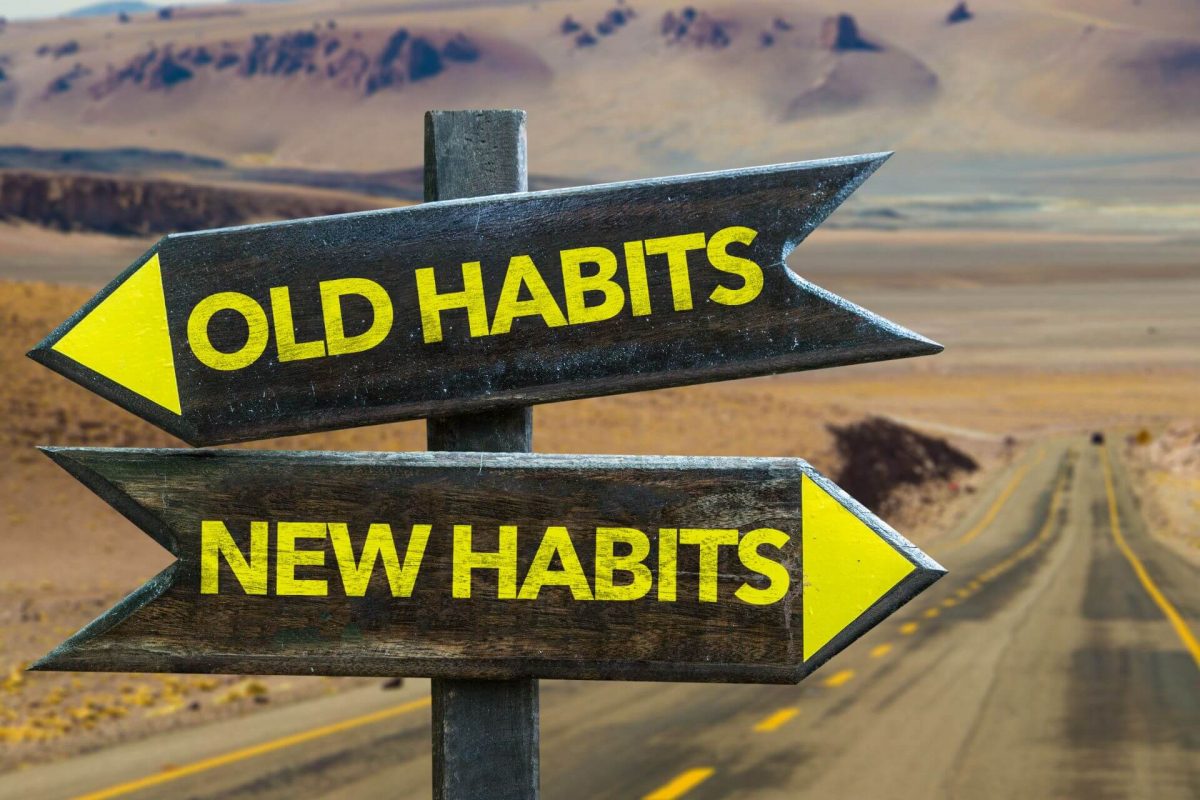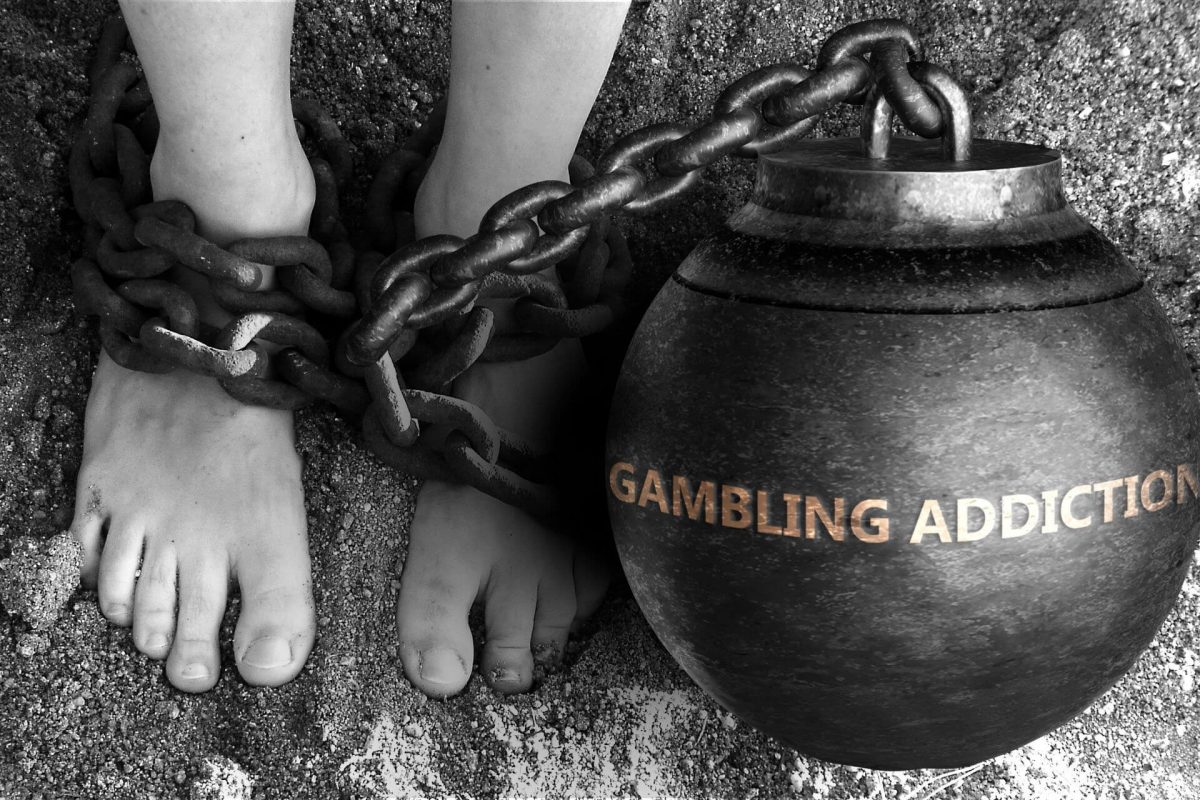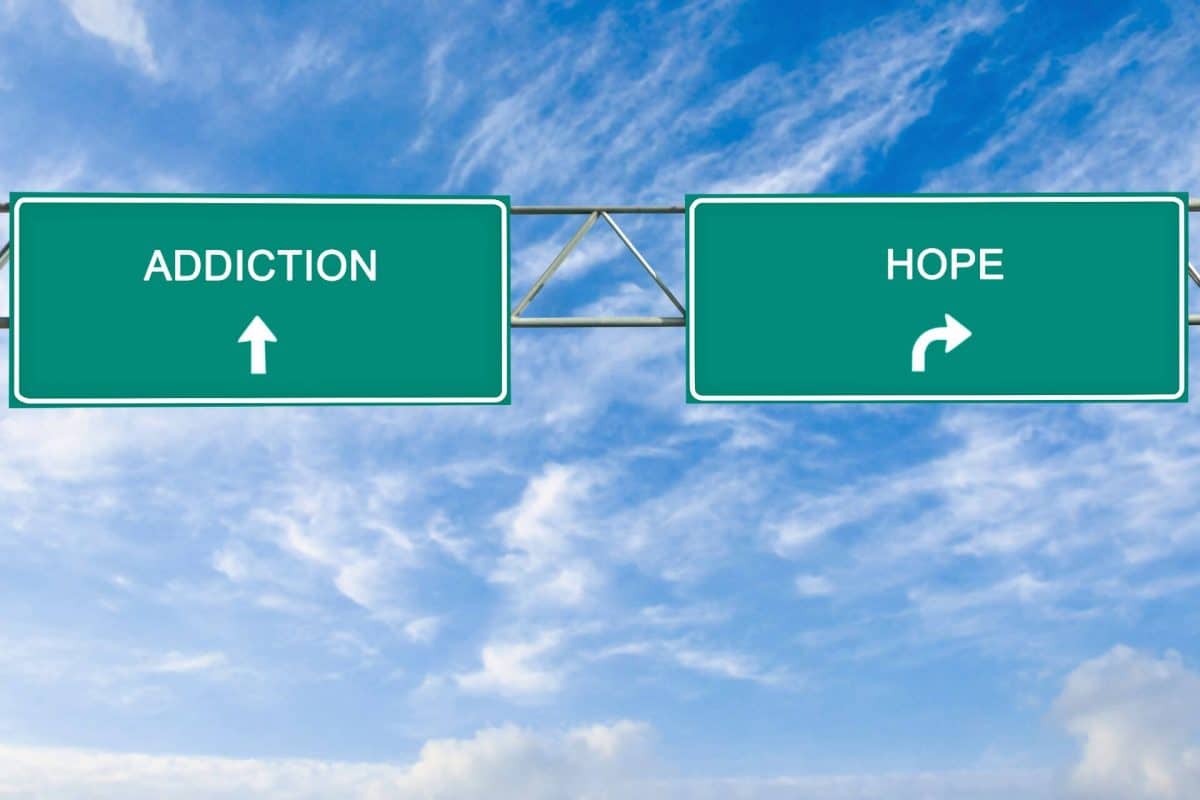There is a lot of awareness around the topic of substance addiction, and while this can only be a good thing, information around process addictions rarely get the same acknowledgement despite their severity.
Definition of a process addiction
Experts define process addictions as ‘’a compulsion to continually engage in behaviours despite the negative impact on one’s health or daily living’’ (American Addiction centres, 2021).
Substance abuse
Most people understand the severity of addiction to illicit drugs, alcohol, nicotine, and prescription medications, but many people struggle to understand the concept of behavioural addiction.
Often referred to as behavioural addictions, process addictions are just as impactful as substance addictions but can be harder to discern.
A behavioural addiction
Certain behaviours and activities can feel so normal, to the extent that many people can’t believe that such behaviours can become addictive or problematic.
However, when the addiction cycle begins to take hold, the person may find that everyday life is an uphill struggle.
Process addictions
When someone has a behavioural addiction, they find every excuse in the book to continue engaging in that specific behaviour.
An individual may seek more and more opportunities to engage in a particular activity or behaviour to experience the ”high” they so desperately crave.
Typically, individuals continue to pursue a behavioural addiction (for example, gaming) despite any negative consequences to their mental health and personal life.
Withdrawal symptoms
Sadly, individuals with a behavioural or process addiction can experience withdrawal symptoms such as mood swings, depression, and other negative emotions when unable to engage in the activity.
What is the definition of a behavioural addiction?
There are mixed perceptions within the mental health community about whether behavioural addictions are ”genuine” addictions.
For example, the diagnostic and statistical manual (DSM – 5) has explicitly included behaviour/process addictions within the manual.
However, as it currently stands, gambling disorder is the only behavioural addiction presently classified as an officially recognised process addiction.
Common behavioural addictions
Many communities (such as the media) have acknowledged the concept of behavioural addictions, such as:
- Shopping addiction
- Sex and love addiction
- Gambling addiction
- Internet addiction
- Gaming or video game addiction
- Self-injury and self-harm addictions
- Plastic surgery addiction
Process addiction and substance abuse addiction

According to addiction specialists, process addictions follow the same pattern as substance-use disorder addictions, leading to many adverse complications for the affected individual.
Relationships
Process addictions can cause similar damage to a person’s life as substance-based addictions.
For instance, people with behavioural addictions often prioritise an activity such as gambling or gaming over spending time with family and friends, resulting in tension, pressure, and trust issues in the person’s relationships.
Mental health specialists
If finding a suitable therapist to treat your process or behavioural addiction is proving to be a challenge, a registered psychologist (or psychiatrist) can still help you cope without the habit, improve your relationships and allow you to change any destructive behaviours.
Complications
Like substance abuse, process addictions can cause just as many complications in a person’s life, relationships, and overall functioning.
In many cases, the individual wants to stop the behaviour but finds it too difficult to change, which can create profound distress for the affected person and their loved ones’.
Individuals with process addictions often tire of their behaviour and the consequences that their actions have on their lives and those around them.
Losses
Those with process addictions often suffer many drawbacks and losses in life, including relationship loss and financial loss, to name just a few.
Process addictions can strip away the excitement of an activity (such as shopping or going on the internet).
Essentially, previously exciting activities have suddenly become a heavy burden with too many consequences attached.
Process addiction types

Many mental health providers believe that process addictions can be successfully treated, despite most behavioural addictions not being recognised in the DSM- 5.
Types
Common process addictions include:
- Love addiction
- Porn and sex addiction
- Internet addiction
- Food addiction
- Gambling addiction
- Shopping addiction
- Work addiction
- Tattoo addiction
- Video-game addiction
- Exercise addiction
Symptoms
Some of the most common symptoms associated with a process addiction include:
- Reduced impulse control (or inability to control behaviour)
- Continuing to engage in a specific behaviour regardless of any negative consequences
- Downplaying the severity of the problem
- Using the behaviour as a coping mechanism to deal with emotional problems or other difficulties
- Spending excessive amounts of time thinking about the behaviour or engaging in the behaviour
- Developing mental health issues such as anxiety, depression, irritability, or substance addiction, after stopping the behaviour
- Trouble stopping the behaviour despite adverse physical or emotional consequences
- Building up a tolerance to the activity or behaviour, so that the person needs to increase the amount of time spent engaging in the activity to experience pleasure or to get the same ”high” as they did at the beginning
- Experiencing withdrawal symptoms when the behaviour is stopped or avoided
Treatment
Luckily there are several treatment options available to those with process addictions.
Additionally, specific treatment approaches developed to treat substance addictions are also successfully used to treat behavioural addictions.
Many specialised clinics specifically treat behavioural addictions, and addiction professionals are developing competency-based treatment models to treat a range of addictive behaviours.
Talk therapy
Many people with process addictions benefit from therapy from a psychologist or psychiatrist trained to help people manage their addiction and overcome any emotional difficulties.
Therapy
People with behavioural addictions may benefit from a range of therapy options, including:
- Group therapy
- Individual therapy
- Couples counselling and family therapy
- Self-help support groups
- Cognitive behavioural therapy
- Trauma treatment
Managing a process addiction

Admitting that you have a problem with addiction is the first step to getting the treatment and support you deserve.
Although the above can be challenging, behavioural addictions are often harder to recognise and are not taken as seriously as other addictions, like drug or alcohol abuse.
Therefore, understanding the symptoms of process addictions and how to get help are monumentally important.
Self-care
According to addiction specialists, self-help measures can be helpful for those who find it hard to open up to others.
The above may include understanding more about your condition and learning effective strategies on how to manage your symptoms.
Statistics
Behavioural addictions are much more common than people might think.
For example, statistics show that up to ten million Americans live with a gambling addiction, and up to six percent of US citizens live with a shopping addiction.
Additionally, exercise addiction is prevalent in around three percent of people who regularly attend the gym, and between five to ten percent of US citizens struggle with work addiction.
The above statistics show that process addictions are just as prevalent in the population and require the same acknowledgement and treatment intervention to support people through the recovery process.
Getting in touch
If you think you or someone you know might have a process addiction, make sure you get in touch with one of our addiction specialists, who can advise you on the next steps.







